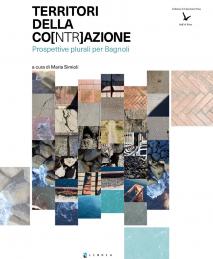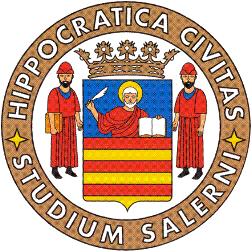Territories of Co[ntr]action. Multiple Perspectives on Bagnoli
Keywords:
Deindustrialization, Transitional landscapes, Adaptive Design, Circularity, Urban RegenerationSynopsis

Publisher: FedOA - Federico II University Press
Series: Urban planning and transitional landscapes
Pages: 311
Language: Italian
Abstract: In an epoch marked by the collapse of paradigms of unbounded growth and the pressing imperative to rethink our inherited legacies, this volume explores the territories of contraction – liminal, suspended, underutilized, and abandoned spaces – as sites of potentiality, capable of nurturing novel forms of inhabitation within the ecological, social, and cultural thresholds of our time. At the heart of this reflection lies a fundamental shift in perspective: crisis is reimagined as an opportunity for design, and absence as a sensitive, generative material. Transition, understood as both a spatial and temporal condition, is investigated in its manifold expressions – mutation, movement, passage – and embraced as a critical lens for reinterpreting these territories as spaces poised for an imminent and emergent future. Within such contexts, new logics of transformation arise, grounded in principles of circularity and the forging of local alliances – settings in which public space, urban metabolism, resilience, and risk management intertwine within a comprehensive and profound reflection oriented towards the cultivation of open, inclusive, and sustainable futures. Here, design is conceived not merely as an act of creation but as an adaptive process, capable of evolving, accumulating, and layering meaning over time. Within this framework, the case of the former industrial area of Bagnoli-Coroglio emerges as a compelling paradigm, encapsulating a long and intricate history of deindustrialization, setbacks, deferred ambitions, and unrealized visions. This volume brings together the findings of an interdisciplinary and multiscalar research and teaching initiative conducted across nine design studios, translating into territorial strategies, spatial visions, and project hypotheses for an ecologically attuned and socially conscious regeneration. Territories of Co[ntr]Action thus serves as an invitation to reconsider transformation projects as open, adaptive practices – endeavors capable of fostering shared pathways of value creation through the collaboration of diverse forms of knowledge, communities, and institutions.
Downloads














